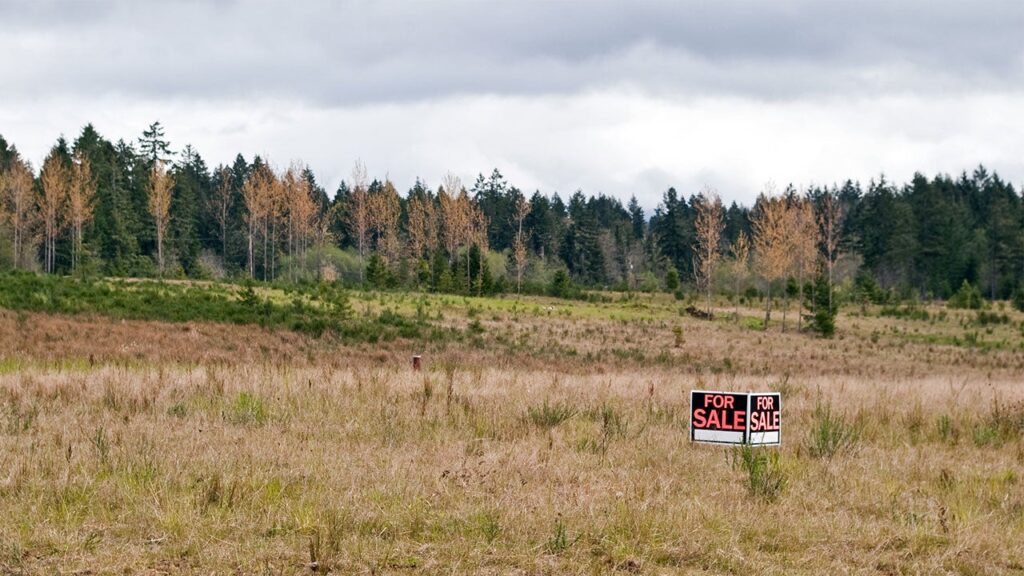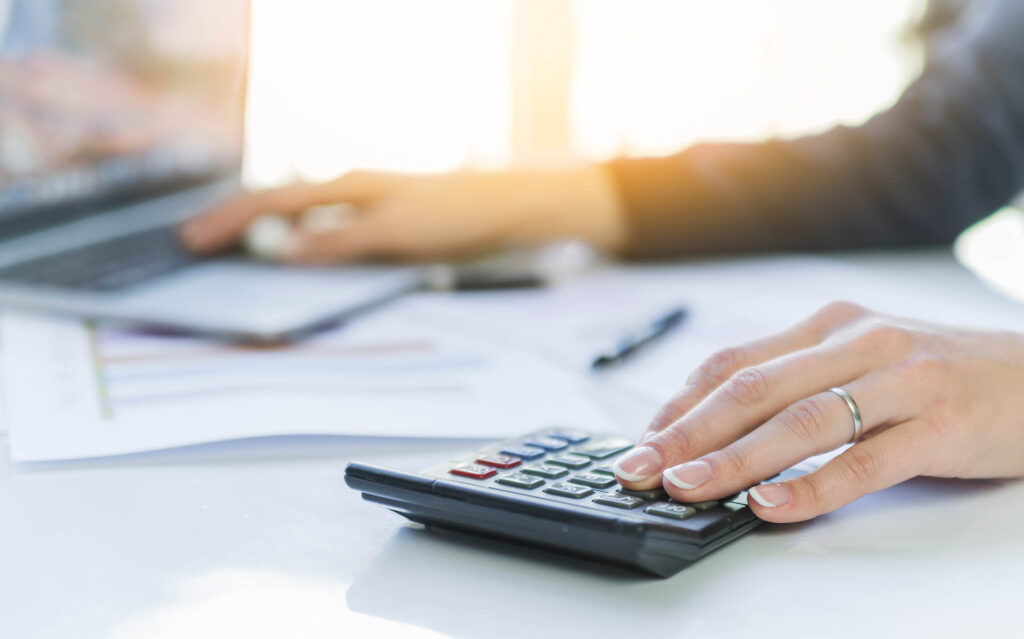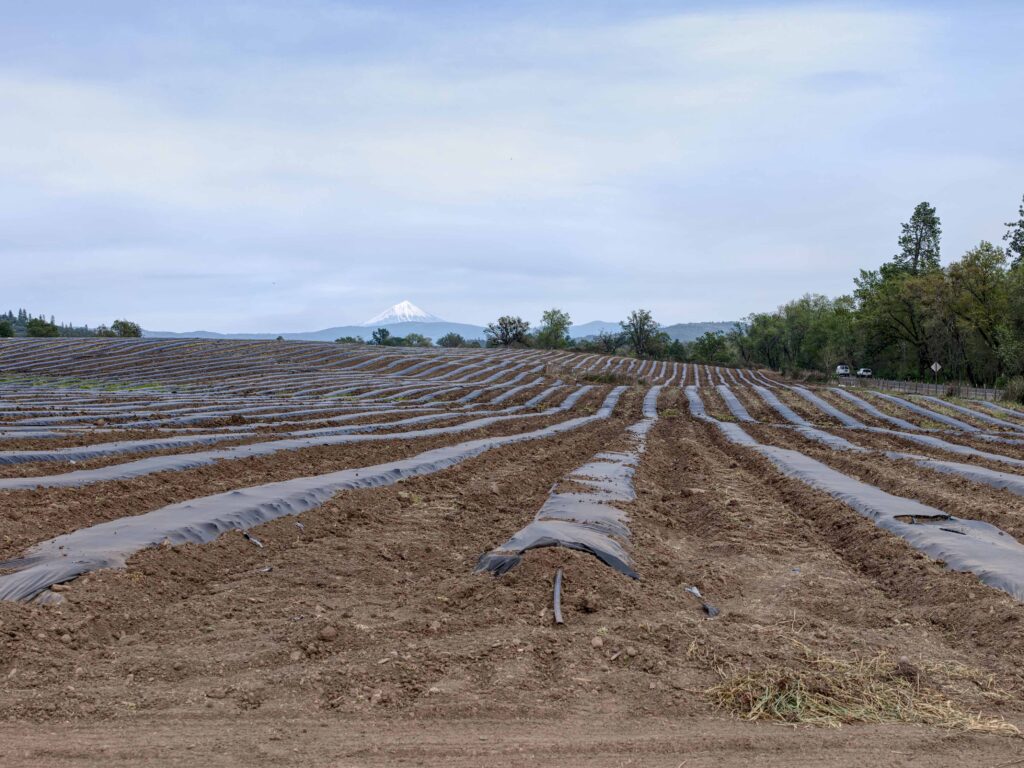5 Important Question To Ask Before Buying Land
Every piece of land differs. Thus, every real-estate transaction varies based on different locations, property uses and individual buyer and seller circumstances. You are likely to be tangled with a lot of complex factors related to cost, functionality, positions, and legal issues when buying one though purchasing a land may seem like an easy process at the first glance.
To avoid fallling victim to trickery and lose big money in the process, you should address some of the fundamental questions before buying land. Here are 5 useful questions to ask before making a purchase decision. Please note that this is intended as a general guide, rather than an exhaustive checklist.
Question #1 Before Buying Land: What Sized Property can be Built?

Is the land suitable for building the property that you want? You should consider factors including the size of the land, the width of the road bordering the land, and FAR (Floor Area Ratio) measurements will determine maximum ground coverage (MGC).
Put simply, floor area ratio (FAR) is the measurement of a building’s floor area in relation to the size of the lot that the building is located on. The higher the FARs, the greater building volume. This allows you to estimate how large of a structure can be built on the lot. You must comply with the plot ratio cap set by the local authorities.
The plot ratio cap may differ for residential house and buildings for commercial or industrial purposes. Keep these facts in mind when buying land.
Question #2 Before Buying Land: Is The Land Ready For Construction?

The next question that you should ask before buying land is whether the land is ready for construction. Generally, you want to avoid land which is encumbered by easements, water, wetlands, isolation or restricted areas, topography, or street right-of-way.
For instance, if the piece of land tends to submerge after a downpour or is in an isolated area, you would want to avoid having constructions on that land. Similarly, cropland is not suitable for construction either. You will need to bear extra cost to develop the cropland before construction.
You should inspect the ground conditions. Have the land been previously contaminated with chemicals? Is it on a floodplain? Is it too rocky for digging foundations? Ask advice from a a qualified surveyor or property agent so that you may inspect the suitability of the land.
Question #3 Before Buying Land: What Would Be The Final Cost Of The Property?

Many people do not have a clear and defined budget for their property before buying land. Not knowing your budget before you purchase property can lead to problems. Knowing your budget and how much you can afford can ensure that you know where to cut the cost when you are buying land.
Furthermore, there is much more to a piece of land than just the cost of the asset. The additional cost of purchasing the property should not be overlooked. You should take note of the stamp duty, legal fee, real estate gain tax and other hidden fees that can add up to a large sum of money.
Question #4 Before Buying Land: Is The Documentation Of The Land Authenticated And Verified?

You do not want to go through the tedious processes of buying land, then only to find out that the seller is not the true owner of the land. You have to ask for all of the legal documents so that your legal advisor can check if they are authentic.
There have been many cases where land transactions fall apart because of invalid documentation. Real estate scams are lucrative and they are prevalence every where. You need to engage experts who can guide you through the process and validate the authenticity of the land ownership for you.
Question #5 Before Buying Land: What Utilities Are Readily Available?

Look for what utilities are readily available. Otherwise, you may have to go through some unnecessary hassle. Is there gas connection, electricity and water or sewer lines? You may need to build a septic system to handle the sewage if the water supply is not readily available.
The costs for you to get your water or electricity supply vary depending on the scope of the project and geology of the site. It is important to note that the location and the utilities of an immovable asset is one of the key elements that determine the valuation of the asset.
The price can increase dramatically if there is a good future prospect and development opportunity of the location. In addition, also look for road infrastructure in the area. Because the connectivity, transportation, and road conditions can make a huge difference.
Conclusion
Many people are overwhelmed with the factors that are needed to be considered before buying land. Not only the price, from utility facility to laws and regulations, a lot of things will vary depending on the location.
There is no shortcut. Before making an offer on a piece of land, you need to be sure it’s “the one.” Extensive research and having a wide variety of choices are essential. That way, you can ensure that the land ticks all the criteria on your checklist and meets your long-term needs.
Always consult a qualified land professional to ensure you’re getting the right information and advice. The entire process of buying land is an arduous task in our country. We have experts who can guide you through the entire process and can do a lot of this work for you. Els Factory provides a one-stop solution for johor factory and land seekers, including built to suit warehouse solution, and offers a comprehensive list of for-sale and rental factories and land.







